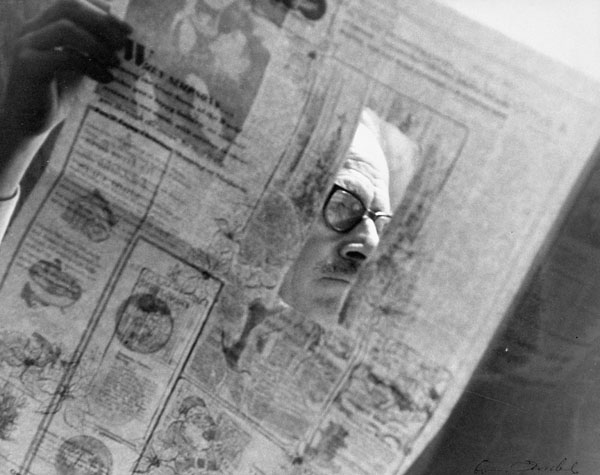There might not always be Broadway, but they’ll always be theater. Likewise they’ll always be journalism despite the traditional economic print model being flattened before our eyes. But how will news be delivered and supported? Guardian editor Alan Rusbridger doesn’t have the answers, but he identifies all the right questions in an interview at the Browser. The opening:
“Talking about the future of news, some people might question what the fuss is about. In a couple of clicks they can find all the news they need, and what’s more it’s free. What’s the problem, in a nutshell?
The main if not the only problem is the business model. Otherwise, everything’s wonderful. There’s never been an era with more and better information, and greater ease of creating, consuming and sharing it. It’s a golden age. But at the moment, the economics of it all have yet to settle down and be worked out. There’s going to be a giant shakedown, because too much is happening to be sustained along the lines of the past. So it’s a golden age in terms of what is being created, but it’s not yet a golden age in terms of how it is all going to be paid for. Some things are going to stop, some things are going to begin, and some things we can’t yet imagine will happen. Everything is in transition.
It’s a true cliché that a crisis is also an opportunity, for us to rearrange the lego blocks. You’ve quoted CP Scott, who in 1921, with the advent of the telegraph and the telephone, said: ‘Physical boundaries are disappearing… What a change for the world! What a chance for the newspaper!’ What chances are there for the newspaper today?
It’s of an order that Scott was talking about. That was a fantastic thing – a man in his eighties who could see that these new technological advances meant that the Manchester Guardian would have access to, and would be able to distribute, news at a speed and with a range that was unimaginable when he started being editor. The same thing was true with me. When I became editor [in 1995], it was essentially a print product. But now [with the website] we’ve been catapulted into global reach and influence.”
Tags: Alan Rusbridger

